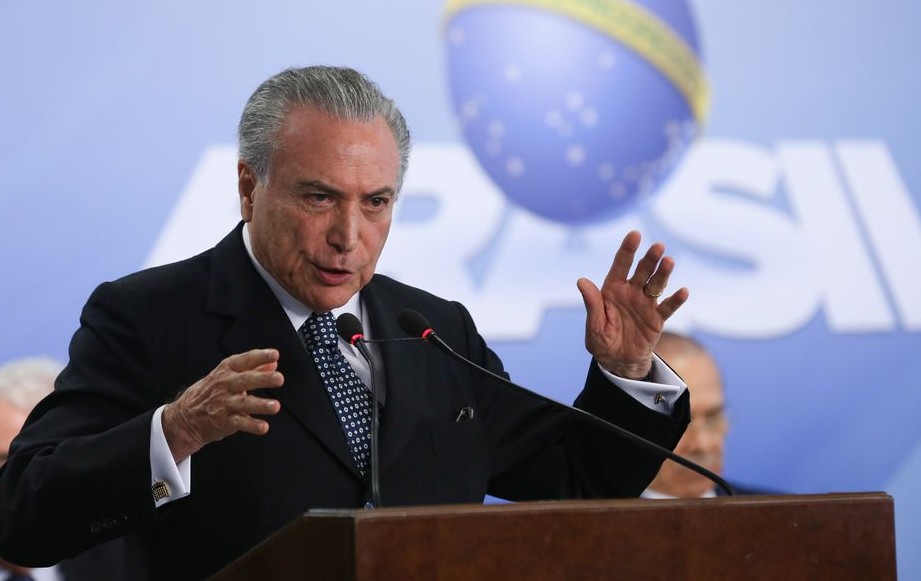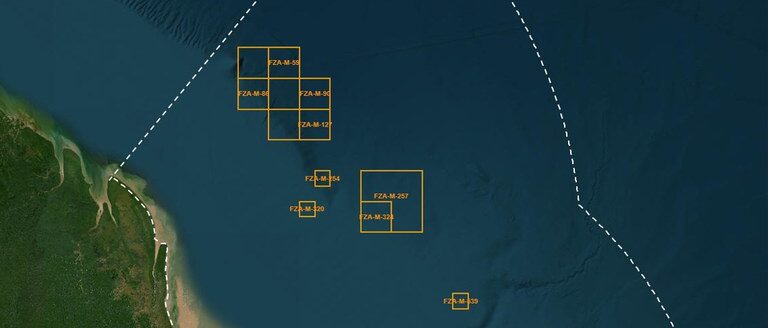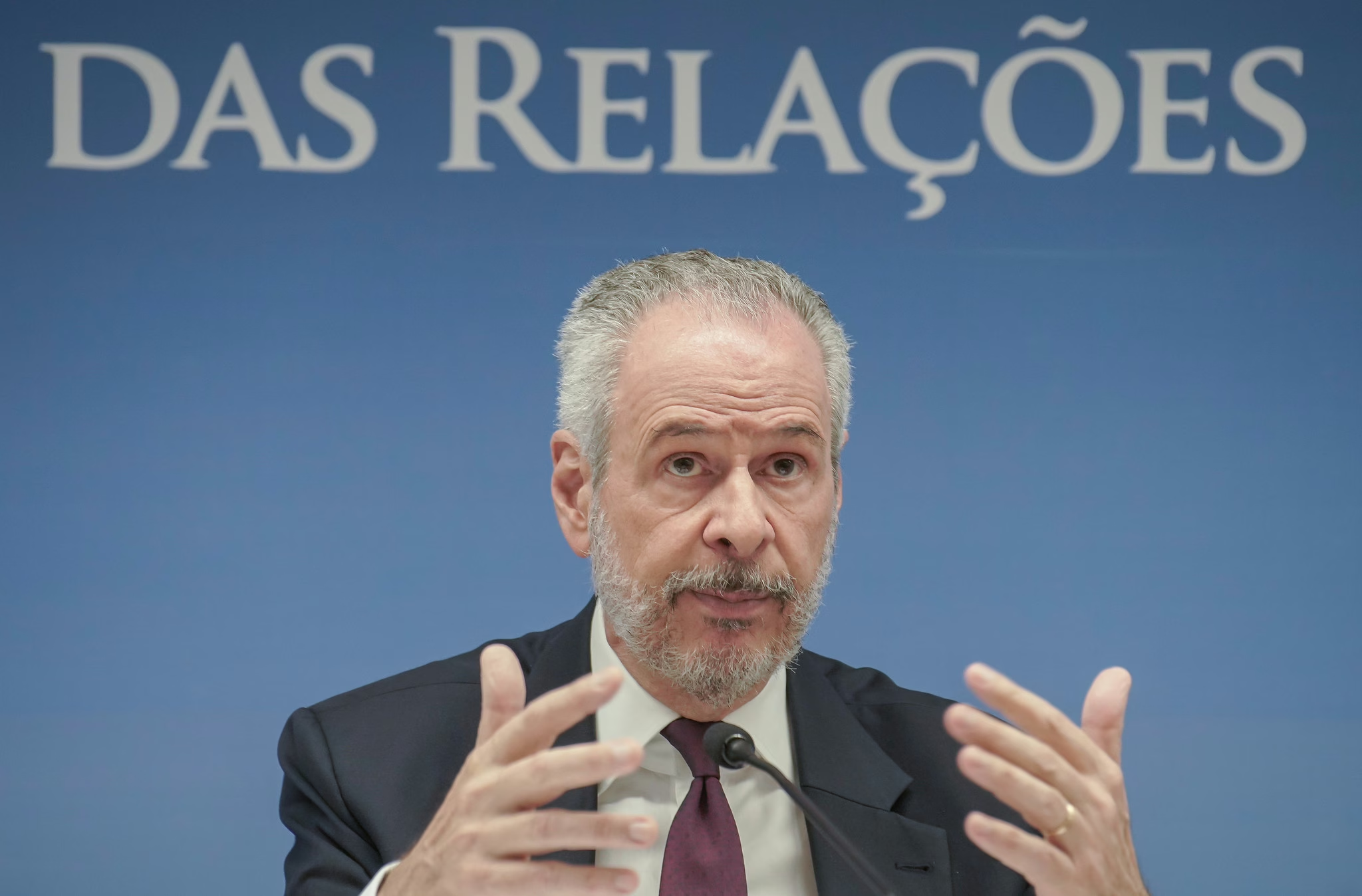OC
Brazil’s interim President, Michel Temer, will ratify the Paris climate agreement next Monday (29), in a ceremony in Brasília. The deposition of the ratification instrument at the UN is expected for the following day.
Brazil shall thus become the world’s first big emitter of greenhouse gases to ratify the Paris Agreement. Ratification means that the treaty’s provisions – among them the long-term goal of limiting global warming well below 2 degrees Celsius – will be domestic law in the South American country.
Mr. Temer’s goal is to get ahead of other big polluters, such as China and the United States, who had already committed to ratify the climate deal and shall do so by September. In September 21st, during the UN General Assembly, a special event organized by Secretary General Ban Ki-moon will bring together parties to deposit their ratification instruments.
According to sources in the Brazilian Executive branch, the government has already begun to plan for the early implementation of its climate plan, or INCD (Intended Nationally Determined Contribution). After ratification, the INDC loses the “i”: it ceases to be a promise and becomes Brazil’s formal climate commitment – its NDC.
The idea is to have the NDC implemented from 2017 onwards. Brazil’s pledge is to cut 37% on its carbon emissions by 2025 from 2005 levels. To do so, the government has proposed a series of measures, such as restoring 15 million hectares in degraded pasturelands, reforesting and restoring 12 million hectares of forests and ending illegal deforestation in the Amazon by 2030.
“Brazil takes up a leading role on implementing the Paris Agreement by being the first to ratify it among the world’s top ten emitters”, sais André Ferretti, head of Conservation Strategies at Fundação Grupo Boticário and general coordinator of the Brazilian Climate Observatory. “The message is clear: we can’t wait four more years before we put the agreement into force. If we are to avoid the worst impacts of climate change, we have to act now.”
“The ratification is an excellent signal. Now we need it to be followed up by a re-orientation of Brazilian economy, so that the Paris Agreement can be more than words on paper”, says the Climate Observatory’s Executive Secretary, Carlos Rittl.
EARLY START?
In order to enter into force, the Paris Agreement needs ratification by at least 55 countries, accounting for 55% of global emissions. As of today, 23 countries have ratified – which, however, only make up for 1.08% of emissions.
Being one of the world’s top ten emitters, Brazil’s ratification shall boost early entry into force. With the USA (17.89% of global emissions), China (20.09%) and Brazil (2.48%) on board, the agreement would reach 41.54% of global emissions, according to official UN figures. If the EU (27 countries, 10.55% of global emissions without Britain) joined, it would come to inches of meeting both criteria (52 countries and 52.09% of global emissions). Due to the slow process of within-block ratification – since every country within the EU has to pass the agreement in its own Parliament – the European ratification is likely to be protracted.
The think-tank Climate Analytics has released a ratification forecast: based on official declarations made by other emitters, like Argentina, Canada and Australia, the number of ratifying parties in 2016 could reach 57, making up 57.88% of global emissions. In theory, that would make the Paris Agreement ready for entry into force this year, four years ahead of the official deadline of 2020.





